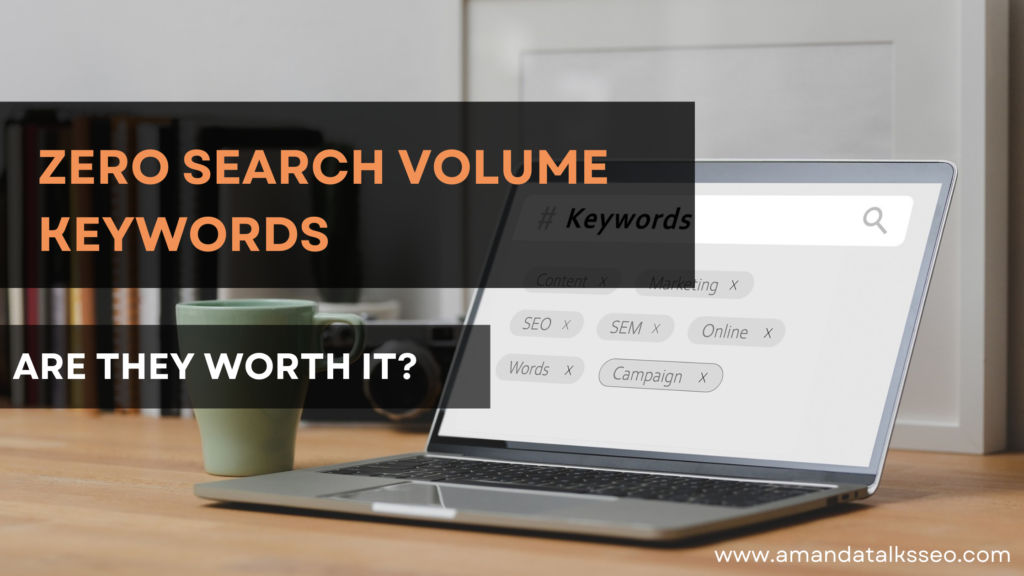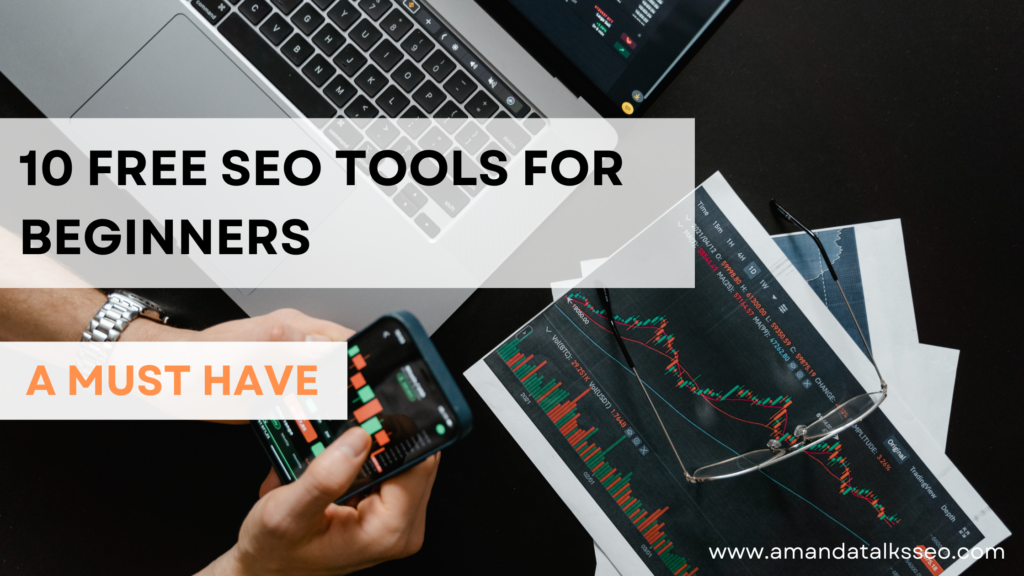Want to know how to choose the best keywords for your website and increase your organic traffic by 1130%, just like I did?
Choosing the best keywords for your website can make or break your SEO campaign. But that shouldn’t scare you.
In fact, choosing the right keywords can help you increase traffic, conversion and beat competition.
When I started my SEO journey, keyword research was the first part of SEO I was introduced to.
I read tons of blogs and watched tons of videos to understand what keywords were and how to use them.
In this post, you’ll learn firsthand from my experience how I chose the best keywords for my client’s startup website and went from 27 clicks and 3.11k impressions to 300+ clicks and 54k+ impressions monthly.


Table of Contents
Key Takeaways
- Keywords are the primary or “key” words that users enter in search engines to find information.
- Using keywords can increase your website’s visibility and gain useful traffic.
- Keywords are often either short tail or long tail.
- The goal of keyword research is to enable get your content on the first page of Google.
- Domain authority, keyword volume and difficulty and user intent are crucial factors to consider when choosing the best keywords for your website.
What are keywords?
“KEY – WORDS” as the name implies are principal or “key” word (s) that users type in on search engines like Google to get specific results.
Examples of keywords are:
“Tropical”
“Tropical fruits”
“Tropical fruits list”
As you can see, a keyword can range from 1 word to 5 words and even more.
And if you keep reading, you’ll understand the difference and importance of these types of keywords.
Why are keywords important?
Keywords help search engines like Google serve you better.
How?
1. Keywords help search engines answer queries
Without keywords, both users and search engines are unable to work.
For example:
Let’s say you want to learn how to make pancakes.
Your first option will be to either search on Google or YouTube for “how to make waffles”
These search engines will then scan their database for the best waffle recipe and tutorial for you.
2. Keywords help you get useful traffic and visibility
Let’s assume you have extensive knowledge of baking.
You might not get any traffic or visibility at all if you start a blog and start uploading all of your recipes without using the right keywords.
By implementing specific keywords in your content, you’re able to tell search engines,
“Hey! I create content on cake recipes”
So whenever someone searches for “cake recipes,’ Google is sure to recommend your website or blog post to them which in turn gets you useful traffic and visibility.
Types of Keywords
Generally, there are 2 types of keywords:
- Short tail keywords
- Long tail keywords
Short-Tail Keywords
These are keywords that contain 1 – 3 words and usually cover a broad topic.
Example: “dogs” – 1 word
“Dog food” – 2 words
“Dog food brands” – 3 words
These types of keywords usually have a high search volume.
This means that lots of people search for them frequently. They are also great for websites with high domain authority.
You’ll learn more about domain authority in the section on how to choose the best keywords for your website.
Long-Tail Keywords
These are keywords that contain 4 words or more.
They’re more specific than short-tail keywords and cover topics that few people search for frequently.
Examples:
“Can dogs swim underwater?” – 4 words
“Can dogs swim in chlorine pools?” – 5 words
“Best dog foods for golden retrievers” – 6 words
This type of keyword is great for new websites because they have a low domain authority.
You’ll learn more about this in the next section where we discuss how to find the best keywords for your website.
How to Choose the Best Keywords for Your Website
Now that you understand what keywords are, why they’re important and the types of keywords, let’s talk about how to choose the best keywords for your website.
1. Know Your Domain Authority
Understanding your domain authority will help you know if you can rank for a certain keyword or not.
Ultimately, the goal of keyword research is to enable search engines to show your content on the first page of Google.
But what happens if you have a domain authority of 7 and your competitors have a domain authority of 30, 56, 80, and even 93?
Websites with lower domain authority typically cannot rank for the same keywords as websites with higher domain authority.
PS: Moz Free Domain Authority Checker is a free and easy way to assess your domain authority. All you have to do is enter your domain name and check the authority.
2. Consider the Keyword Difficulty and Volume
All keywords have an average monthly search volume (MSV) and a difficulty value.
There are lots of keyword tools that provide this information but the free versions are limited.
If you’re a rookie and don’t have hundreds of dollars to spend on keyword tools, stick around because, in my future blogs, I’ll show you how I did keyword research using ONLY FREE tools and generated 300+ clicks and 54k+ impressions every month.
Keyword volume is important because you don’t want to create content for a keyword that has no volume (which means you’ll get no traffic)
You also don’t want to create content for a keyword that has too much volume because those keywords usually have very high difficulty (which means it’ll be difficult for you to rank for them).
Websites with a lower domain authority should opt for keywords with a significant amount of volume and low difficulty while websites with higher domain authority can attempt to rank for the higher volume keywords.
3. Consider the User Intent
User intent simply refers to the intention a user had when searching for a specific keyword. User intent can be categorised into 4:
- Informational Search Intent – users were searching for specific information. For example: how to bake cinnamon cookies.
- Transactional Search Intent – users wanted to buy something or conduct a transaction right away. For example: buy vouchers online.
- Commercial Search Intent – users are looking to check brands and services
- Navigational Search Intent – users were looking for directions to a physical or online location. For example: when users search for Amazom. They’re usually looking to go to amazon.com
Practical Example
Let’s consider all the search intents for “MacBook”
When I started my SEO journey, these were the 3 tips I used to choose the best keywords for my client’s website which had a low domain authority.
These keywords helped the website go from 27 clicks and 3.11k monthly impressions to 300+ clicks and 54k+ impressions monthly.
If you want to improve your website’s search engine ranking, you must learn how to find the best keywords for your website.
Let me know what content you want in the comments below and I’ll be sure to respond!


